-
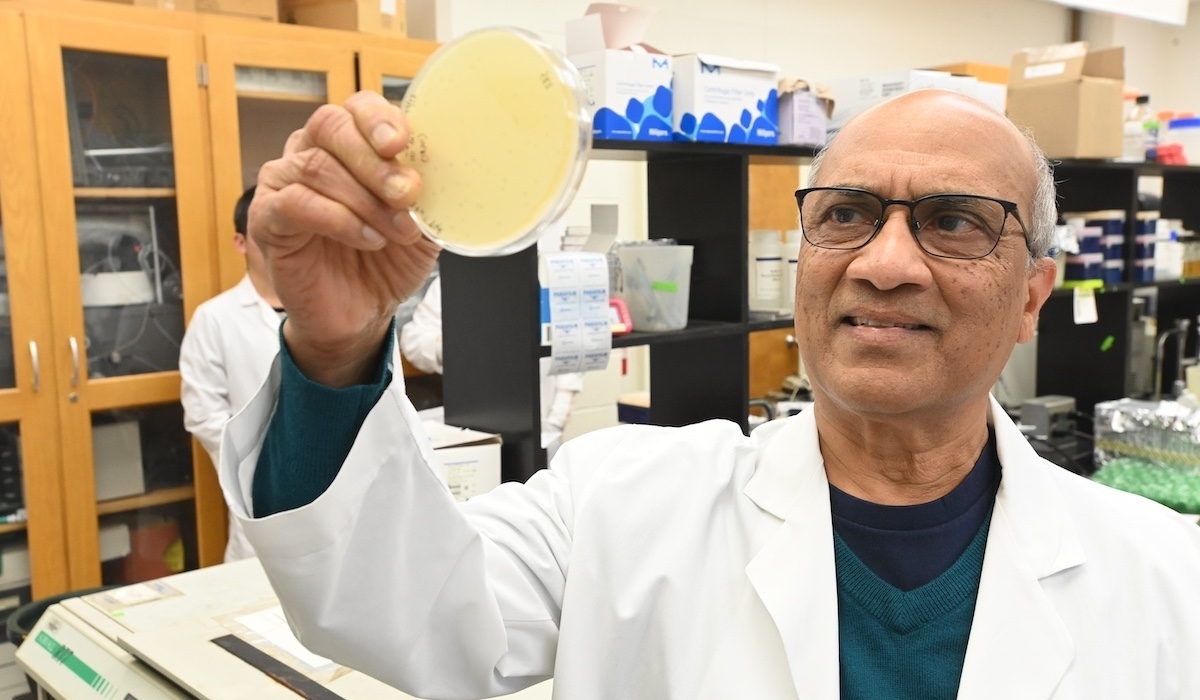
Faculty Spotlight: Dr. Rao's Journey in Phage Therapy Research
Discover the groundbreaking research of Dr. Venigalla Rao, a pioneer in bacteriophage biology and the founding director of Catholic University’s Bacteriophage Medical Research Center. From decoding the intricate T4 phage structure to developing phage-based vaccines and therapies for antibiotic resistance and genetic diseases, Dr. Rao’s work bridges cutting-edge science and global health solutions. With decades of mentorship and continuous NIH funding, Dr. Rao empowers future scientists while advancing life-saving innovations. Learn how his journey inspires transformation in science and education.
Read More -
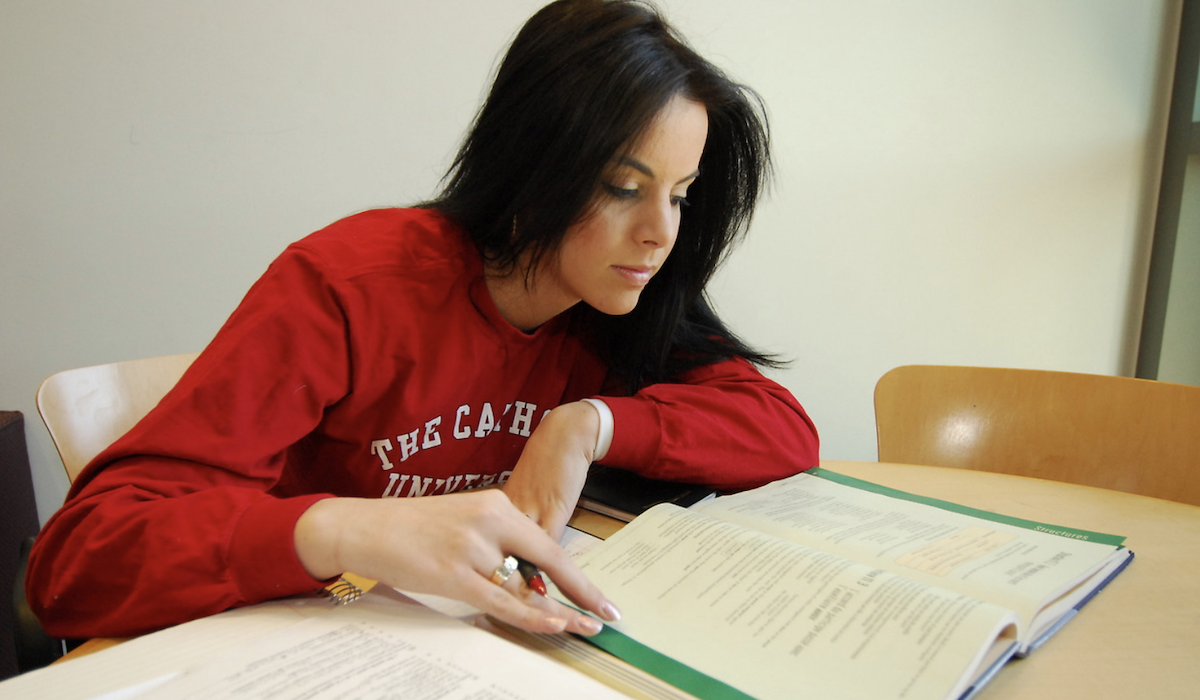
Assessment and Evaluation in the Age of Artificial Intelligence
Assessment and evaluation practices are evolving in the age of AI. This article explores how AI and Learning Assessment Techniques (LATs) can create more meaningful and equitable learning experiences. Grounded in Fink’s Taxonomy of Significant Learning, we discuss how educators can balance AI tools with human judgment to foster critical thinking, creativity, and deeper student engagement. Explore practical strategies and access resources from our recent presentations, including session recordings and slideshows.
Read More -
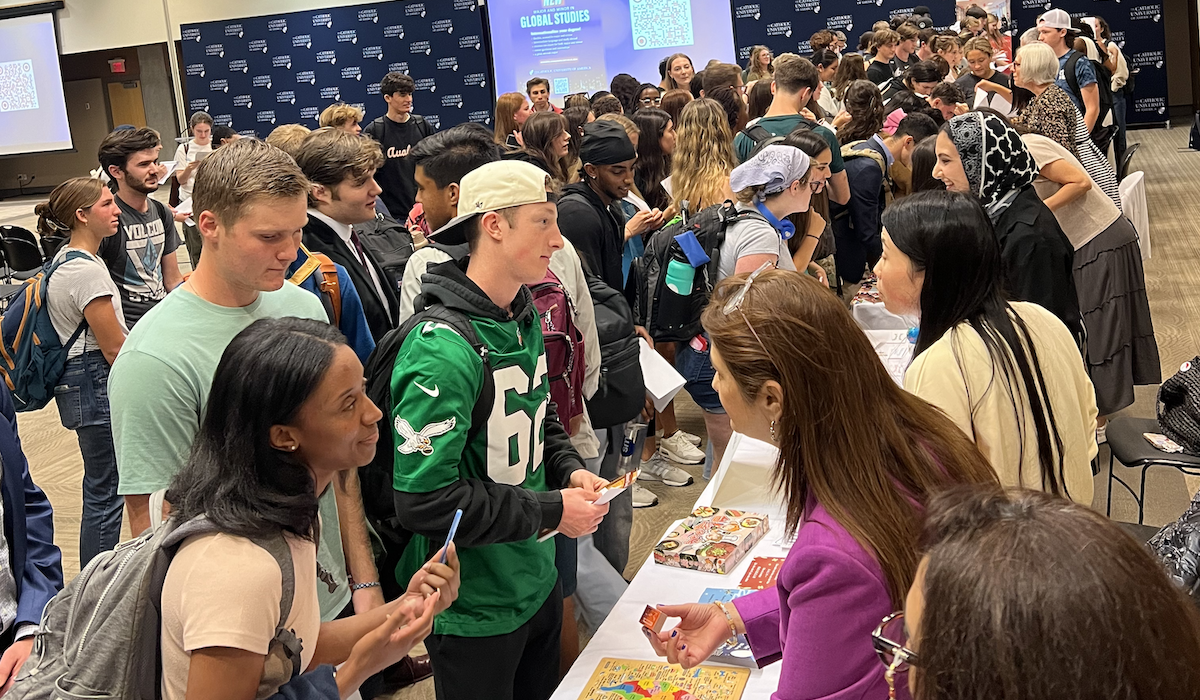
Globalizing Education at Catholic University
In this article, Dr. Julia Young shares the inspiring journey behind the creation of Catholic University’s new Global Studies program. Rooted in Catholic social teaching, the program integrates language skills, cultural competence, and interdisciplinary global issues to prepare students for impactful careers. With flexible course options, a focus on real-world applications, and opportunities for internships, the program is quickly gaining popularity. Learn how it’s shaping the future of global education at Catholic University.
Read More -
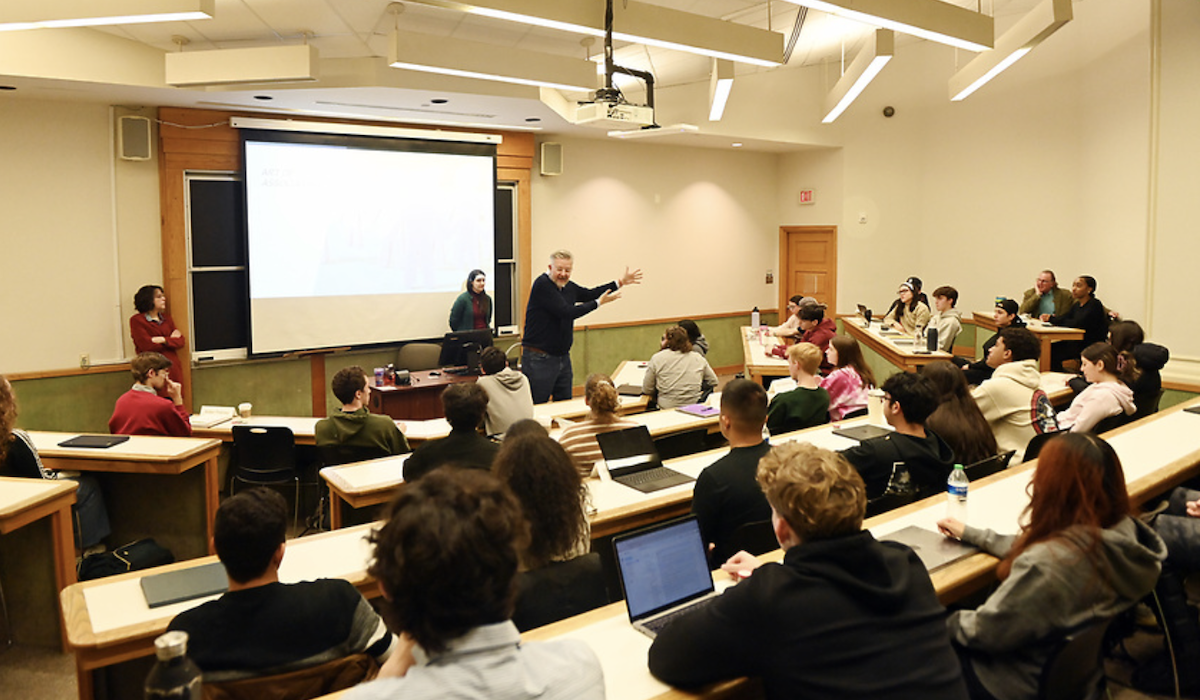
Applying What We've Learned About Instructional Strategies to Our Future Classrooms
As CTE graduate assistants, we have had the unique experience of simultaneously being students and instructors. While we have witnessed CTE provide instructional coaching and host several events centered around instructional design, we have been introduced to instructional strategies that we recall were beneficial to us as students. As many of these strategies have been shown to effectively improve student learning, we plan to incorporate these strategies in our classrooms.
Read More -
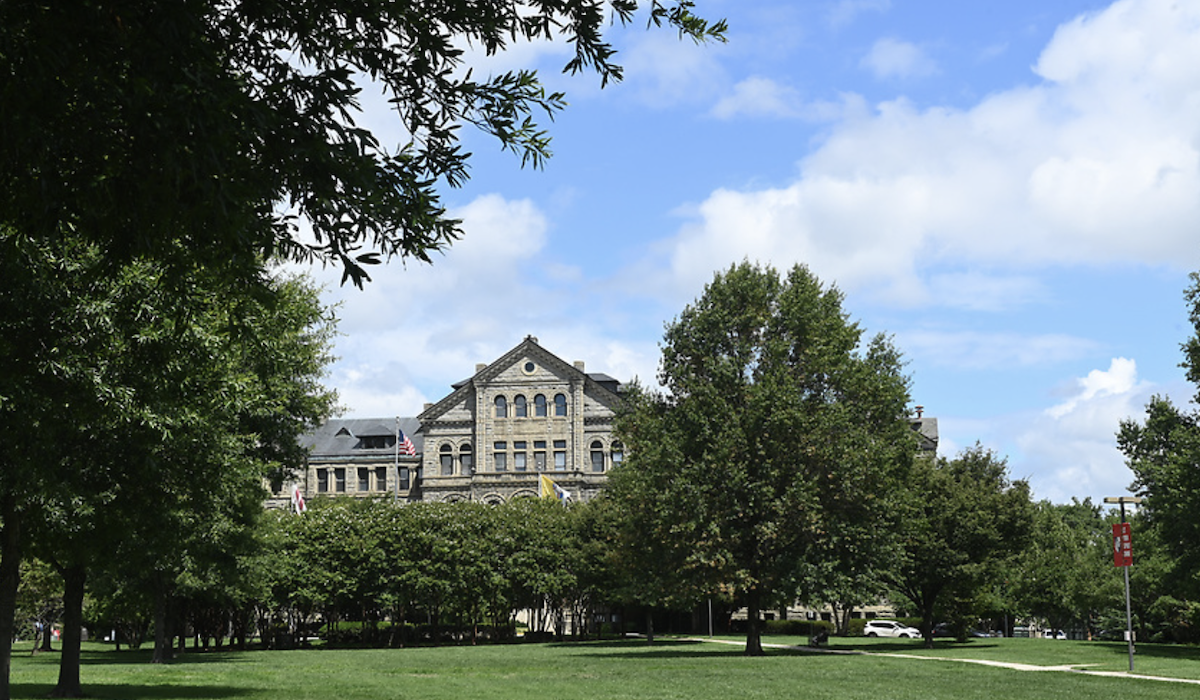
A New Academic Year at Catholic U!
As we embark on the 2024-2025 academic year, we warmly welcome new and returning faculty to our vibrant community of educators and scholars. Each new year brings fresh opportunities for growth, innovation, and collaboration, and this year is no exception. From leveraging AI in assessment to organizing your courses with HTML, the Center for Teaching Excellence is here to support your journey every step of the way. Join us as we explore new approaches to education and continue our shared pursuit of teaching excellence.
Read More -
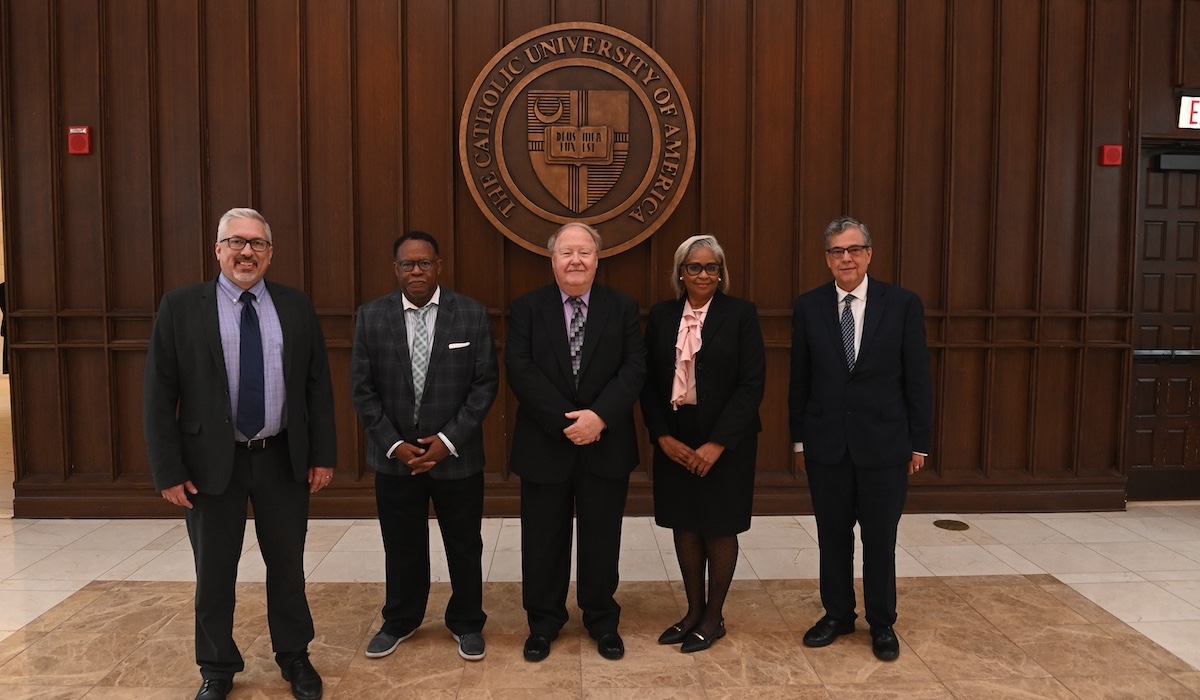
Celebrating the 2024 Provost Awards for Teaching Excellence Winners
Last month, Provost Dominguez honored five exceptional faculty members with the 2024 Provost Awards for Teaching Excellence. Let’s celebrate the accomplishments of these educators, who are recognized for their outstanding commitment to innovation and academic excellence. Discover their inspiring contributions and their significant impact on our educational community. We would also like to extend our heartfelt thanks to all who attended the ceremonies and supported our faculty in this celebration.
Read More -

Tools for Trauma-Informed Instruction
Byproducts of traumatic experiences could include challenges with paying attention, engagement in class, memory, or retaining information. These struggles could contribute to a decline in academic performance. However, they often go unrecognized. Resources like a trauma checklist or a list of resources for referral can assist instructors in determining whether students’ academic struggles are related to traumatic exposure, to better address the root of the problem.
Read More -
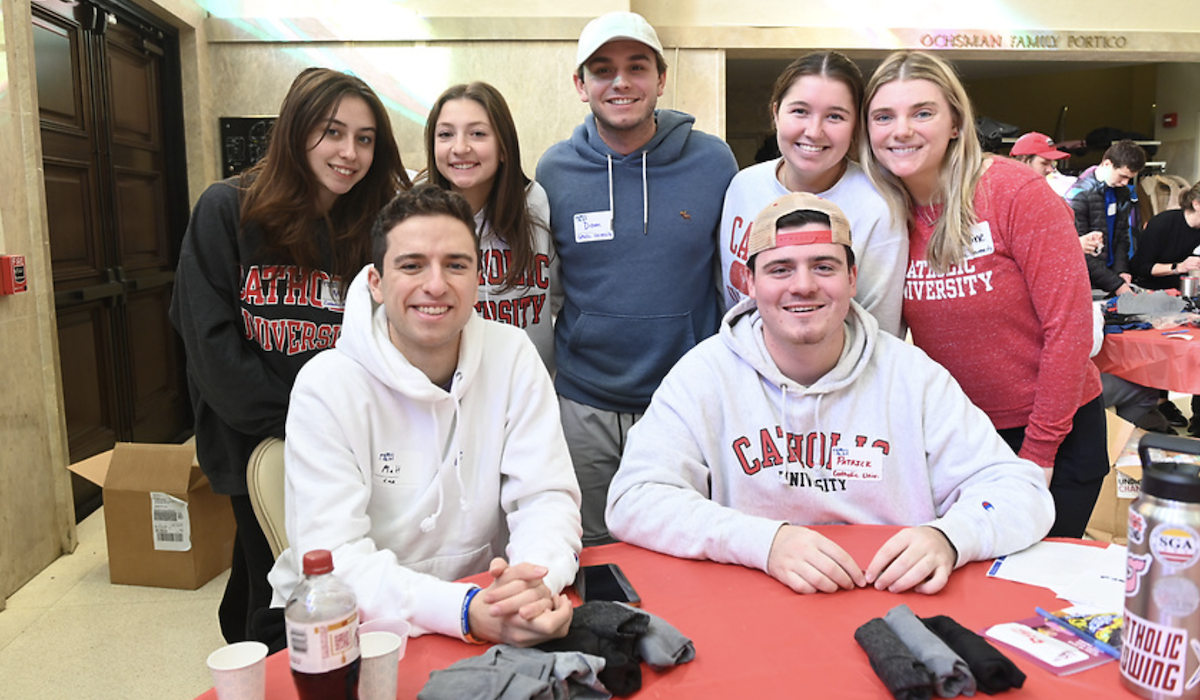
Holistic Education: Fueling Bodies and Minds in an Academic Setting
In this review, graduate assistant James Dolley discusses an article written by Cathy A. Pohan for Faculty Focus. Pohan’s article provides examples to educators regarding how to nurture students’ physiological and emotional needs, and how doing so increases academic success. James identifies other strategies to maintain students’ well-being, including through some of Catholic U’s resources.
Read More -
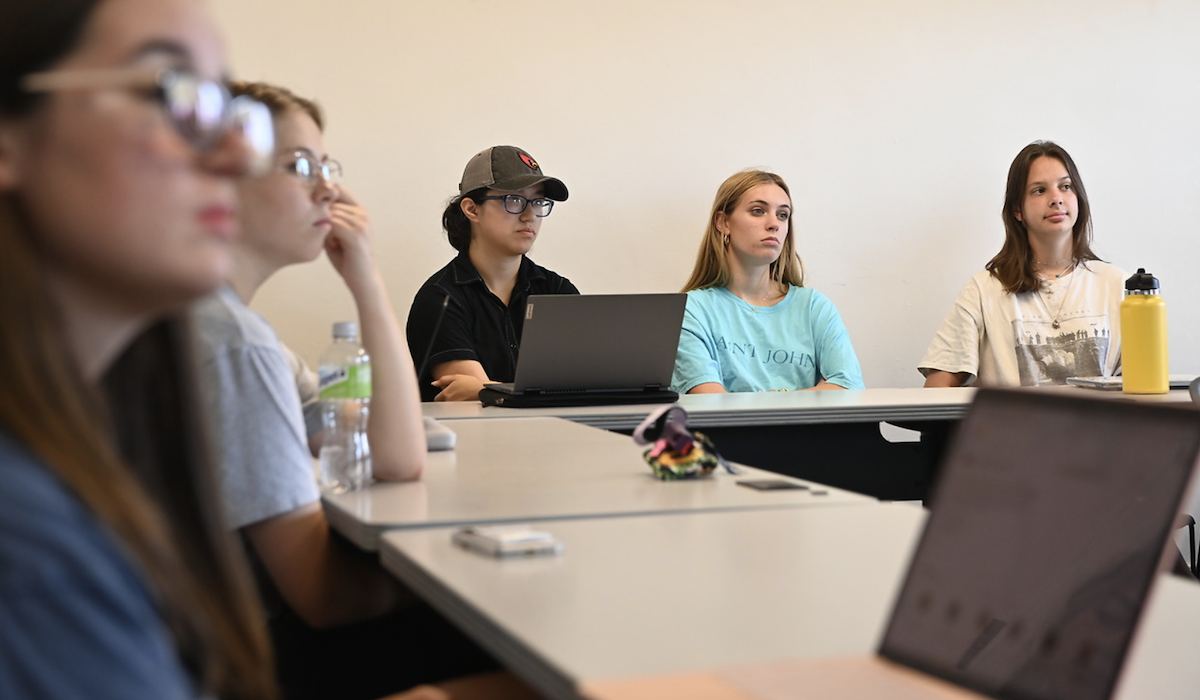
Tech in Class: Enhancing Engagement or Fueling Distraction?
Have you ever spotted a student lost in an Amazon shopping spree or engrossed in a football game during your class? The key to technology integration lies in a balanced approach involving clear policies, active student participation, and innovative teaching strategies. Engaging students in setting technology norms, adapting teaching methods to maintain engagement, and using technology as a tool for active learning can enhance the educational experience. Additionally, ethical considerations and ensuring accessibility for all students are paramount. Ultimately, the decision to ban devices lies with the educator. Consider your students, your teaching practices, and how technology use may or may not align with your learning goals.
Read More -
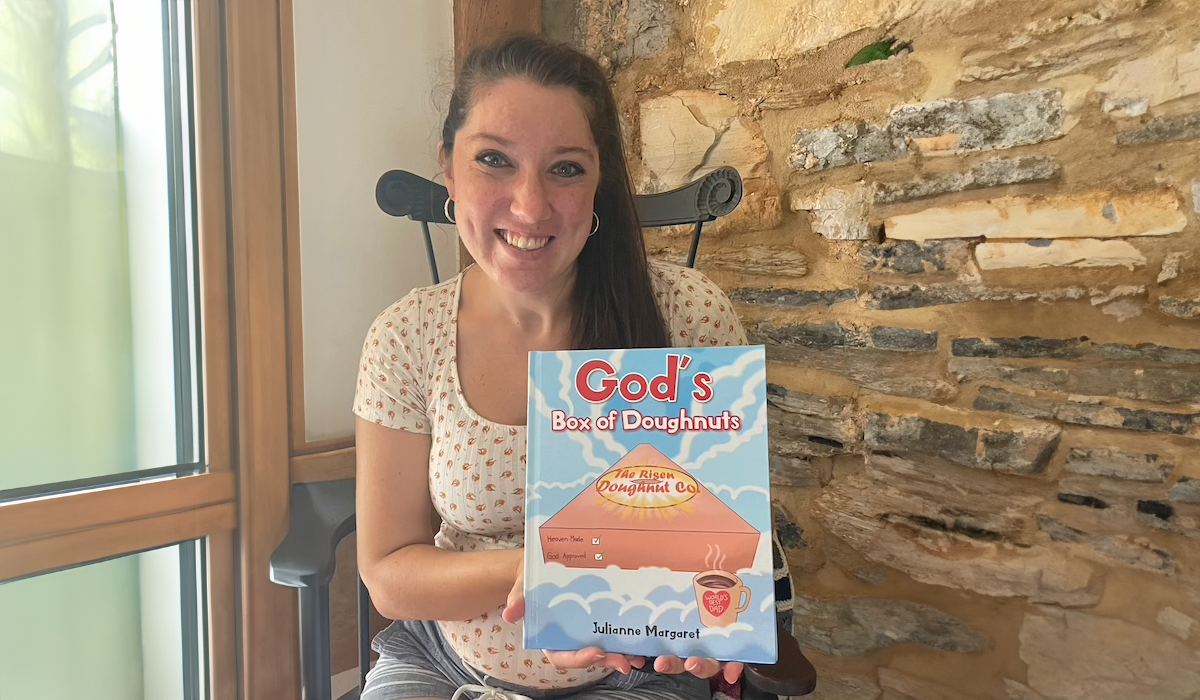
God's Box of Doughnuts: An Interview with a Catholic University Alumna
In this article, James Dolley interviewed Catholic U alumna Julianne Stuart, who recently published a children’s book entitled God’s Box of Doughnuts. She discussed her inspiration for writing the book, which included taking a course on children’s literature with one of our own, Dr. Angela McRae. Julianne also offers advice to current undergraduate students at Catholic.
Read More -

How Ungrading Altered (and Did Not Alter) My Classroom
This article describes the pedagogical shifts in my classroom that resulted from a Theology and Religious Study student-led summer study of Ungrading: Why Rating Students Undermines Learning (and What to Do Instead) (Blum, 2020). While I was not able to leave grading completely behind, these are the first steps I am taking towards providing students with agency in the classroom and the tools to reflect on their own learning experiences.
Read More
